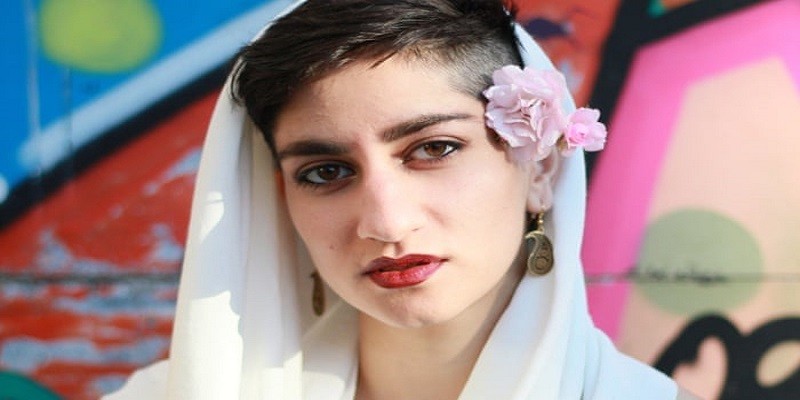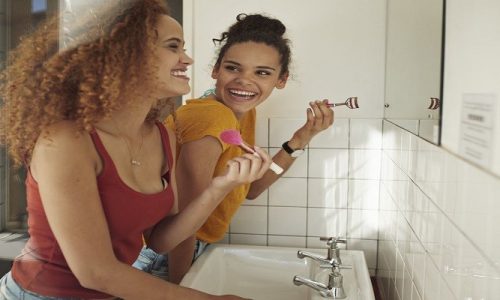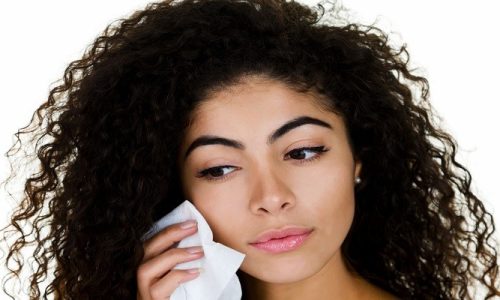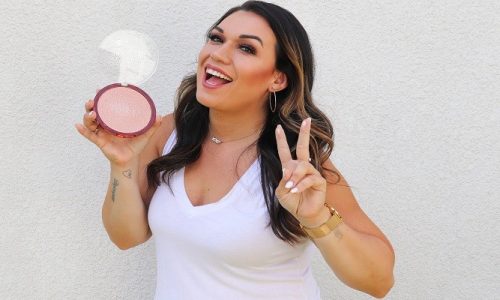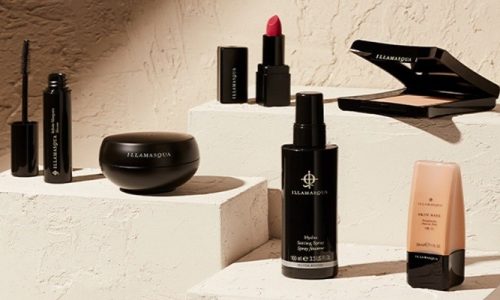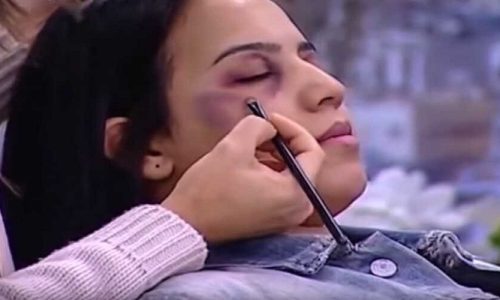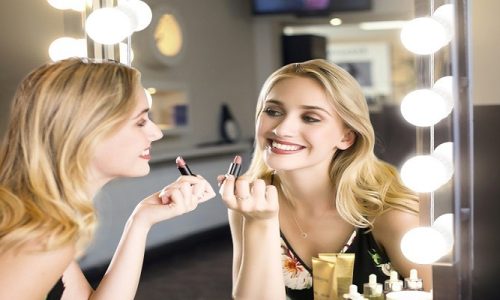Last Updated on June 18, 2025 by Jaclyn A. Neeley
The question of whether makeup is haram (forbidden) in Islam is a complex and nuanced issue that has been debated among scholars and practitioners for centuries. This article aims to explore the various perspectives on this topic, drawing from Islamic scriptures, hadiths, and scholarly interpretations.
The Concept of Modesty in Islam
Modesty is a fundamental principle in Islam, particularly for women. The Quran emphasizes the importance of modesty in dressing and behavior. For instance, Quran 24:30-31 advises both men and women to “lower their gaze and guard their modesty.” The hijab, a headscarf worn by many Muslim women, is a visible representation of this commitment to modesty. It symbolizes devotion to Allah and distinguishes Muslim women from societal norms.
Makeup as a Form of Self-Expression
Makeup has long been used as a tool for self-expression, creativity, and enhancing one’s features. In contemporary society, makeup serves as a means for women to assert their individuality and embrace their appearance with confidence. However, this raises questions about the motivations behind its use and its compatibility with the principles of modesty.
Scholarly Perspectives on Makeup
Permissibility and Conditions
Islamic scholars generally agree that makeup is permissible under certain conditions. The primary condition is that it should not be used to attract non-mahram (marriageable) men. The materials used for makeup should also be halal (permissible), meaning they should not contain any haram (forbidden) substances like alcohol or impure ingredients. Additionally, the makeup should not be harmful to the skin or body.
Makeup in Private vs. Public Spaces
Many scholars differentiate between wearing makeup in private and public spaces. It is generally permissible for a woman to wear makeup in the privacy of her home, especially to beautify herself for her husband. However, wearing makeup in public, where it can attract the attention of non-mahram men, is often discouraged or considered haram.
The Role of Intention
Islamic teachings emphasize the significance of intention (niyyah) behind one’s actions. The decision to wear makeup should be rooted in sincere intentions of self-expression, confidence-building, and adherence to modesty. Islam encourages believers to strike a balance between external appearances and internal character, ensuring that actions reflect a commitment to faith and virtue.
Cultural and Historical Context
The use of cosmetics has a long history in Islamic culture. Both men and women in pre-Islamic Arabia used cosmetics, and this practice continued after the advent of Islam. For example, kohl, a type of eye makeup, was widely used for its protective and beautifying properties. However, the cultural context and societal norms have evolved, leading to varying interpretations of what constitutes modesty and appropriate use of makeup.
Modern Interpretations and Debates
Islamic Feminism
The intersection of hijab and makeup within the context of Islamic feminism has sparked an intriguing dialogue. Some argue that the combination of hijab and makeup can empower Muslim women by allowing them to express themselves artistically while remaining true to their religious convictions. Critics, however, caution against the commercialization of modesty and the potential for makeup to reinforce societal beauty standards.
Halal Makeup Industry
The halal makeup industry has grown significantly in recent years, catering to the needs of Muslim consumers who seek products that comply with Islamic principles. Halal makeup products are free from haram ingredients and are manufactured according to Islamic guidelines. This industry reflects the increasing demand for beauty products that align with religious values.
Practical Considerations
Makeup and Wudu (Ablution)
One practical consideration for Muslim women is whether makeup affects the validity of wudu, a ritual purification required before prayers. Scholars generally agree that makeup does not invalidate wudu as long as it does not form a barrier that prevents water from reaching the skin. However, it is recommended to remove makeup before performing wudu to ensure thorough cleansing.
Makeup in Women-Only Gatherings
It is permissible for women to wear makeup in women-only gatherings where no non-mahram men are present. This allows women to enjoy beautifying themselves without compromising the principles of modesty. However, even in such settings, moderation is encouraged to avoid excessive focus on physical appearance.
Conclusion
The question of whether makeup is haram in Islam is not straightforward and depends on various factors, including intention, context, and adherence to Islamic principles. While makeup can be a form of self-expression and confidence-building, it should be used in a way that aligns with the values of modesty and moderation. By considering the teachings of the Quran, hadith, and scholarly interpretations, Muslim women can navigate the use of makeup in a manner that upholds their faith and personal convictions.
Ultimately, the debate over the compatibility of hijab and makeup within Islamic feminism encapsulates a nuanced exploration of empowerment and contradiction. By drawing insights from authentic hadith and considering the intentions and motivations behind the combination, Muslim women can navigate this intersection while upholding the principles of modesty and self-expression.
FAQs
Is makeup haram in Islam?
Makeup is not inherently haram in Islam. It is permissible for women to wear makeup as long as it is not intended to attract non-mahram men and does not contain haram ingredients like alcohol or animal products not slaughtered according to Islamic law.
Why is makeup not halal?
Makeup is not halal if it contains haram ingredients such as alcohol, pork derivatives, or other impure substances. Additionally, if makeup is used to attract non-mahram men or causes harm to the skin, it is considered haram.
Can you wear makeup with a hijab?
Wearing makeup with a hijab is permissible as long as the makeup is not visible to non-mahram men. The makeup should be modest and not intended to attract undue attention, aligning with the principles of modesty in Islam.
What is the Islamic perspective on makeup?
Islamic perspectives on makeup emphasize modesty and purity. Makeup is allowed if it is used in moderation, does not contain haram ingredients, and is not intended to attract non-mahram men. It is encouraged for personal grooming and for one’s spouse.
What are the guidelines for using makeup in Islam?
Guidelines for using makeup in Islam include ensuring the makeup is free from haram ingredients, using it in moderation, and not wearing it in a way that attracts non-mahram men. Makeup should be used primarily for personal grooming and for one’s spouse.

